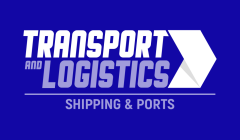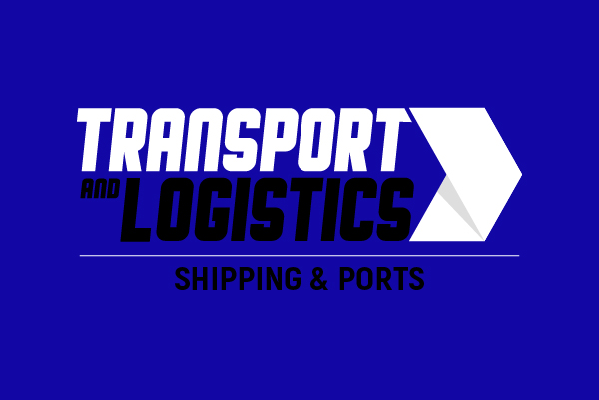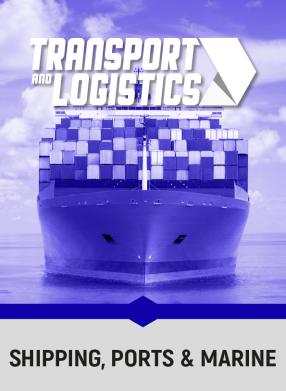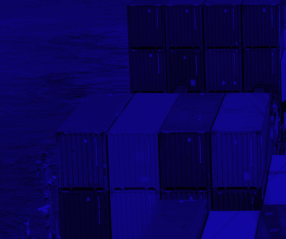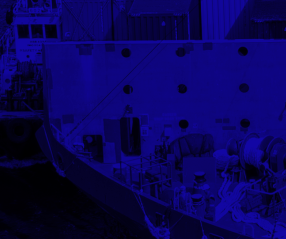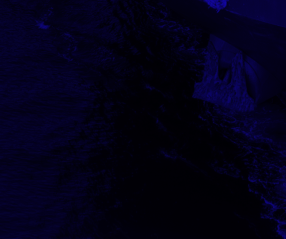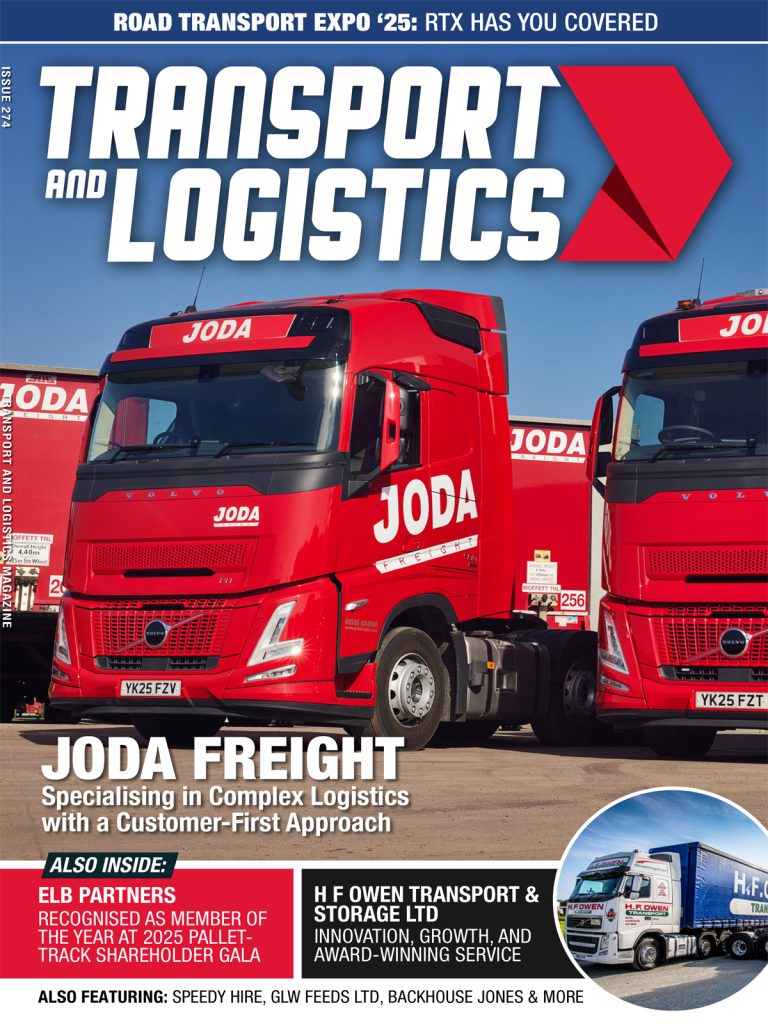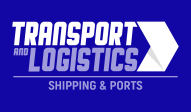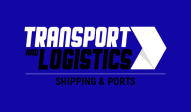- The amendment to the Safety of Life at Sea Convention (SOLAS) adopted in November 2014 states packed containers must have a verified gross mass before being loaded on a ship
- Containers without a verified gross mass may incur delays, resulting in missing their designated ship, and additional costs
- Shippers who fail to comply may be heavily fined
UK P&I Club, one of the leading shipping protection and indemnity mutual insurers and TT Club, the leading international transport, freight and logistics insurance provider, have welcomed the amendment to the Safety of Life at Sea Convention (SOLAS) from the International Maritime Organization (IMO) on the requirement that containers have a verified gross mass before being loaded onto a ship.
The requirement becomes mandatory on 1 July 2016, after which date it would be a violation of SOLAS to load a packed container onto a ship if the ship and marine terminal operator do not have a verified container gross mass. Operators who fail to comply will be fined or penalised.
According to the new amendment, the shipper is responsible for obtaining the verified gross mass of a packed container and communicating it to the ocean carrier.
UK P&I Club and TT Club have published a joint advisory briefing for ship operators. This outlines the key issues for ship operating Members to consider in advance of the 1 July 2016 enforcement date:
- There is complexity in the international trade and logistics supply chain, which can make it difficult to identify ‘the shipper’. The different parties involved in any given supply chain will need to determine how verified gross mass of containers will be obtained, and how this information can be provided by the shipper to the ocean carrier in a timely manner.
- Ship operators will need to ensure that the verified gross mass is recorded and used in ship stow planning. It is important to consider the impact of this on existing data capture and control processes, in order to ensure that a container cannot be loaded on board a ship without this verified gross mass. This will affect procedures from the point of initial booking of the cargo through to loading, including communications between partner lines and the terminal operator.
- SOLAS requires that the verified gross mass should be obtained by using weighing equipment that meets the relevant accuracy standards and requirements in the State in which the packing of the container is completed.
- Failure to abide by the SOLAS amendment may result in fines and other penalties, imposed by Competent Authorities or Port State Control in accordance with relevant national legislation. However, additional costs and charges will be incurred due to the need to re-pack cargo, administration fees for amending documents and container demurrage charges. Such containers are likely to be delayed and may miss their designated ship, resulting in additional commercial or contractual exposures for cargo interests.
